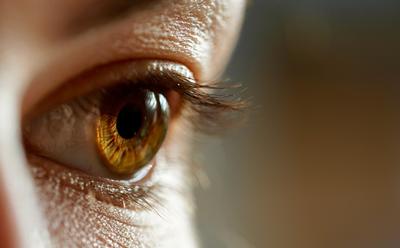https://www.ncbi.nlm.nih.gov/pubmed/31246245
In sending us the above link, Stephen Tuft wrote “The results of the work have given us some clues as to the genetic causes of keratoconus. In addition, this work will complement a very large study into the genetic basis of keratoconus that we hope to submit for publication in the next few weeks. The Keratoconus Group has helped us recruit for this study, and we are grateful for that.”
He also asked us to thank our members and tell them that their support at an early stage of this work helped move the research forward at an important time.
Quite a few of our members took part in the very large study that Mr Tuft mentions, so we will obviously let you know as soon as we have details of that publication.



 spoke about the Moorfields genetic study.
spoke about the Moorfields genetic study.

